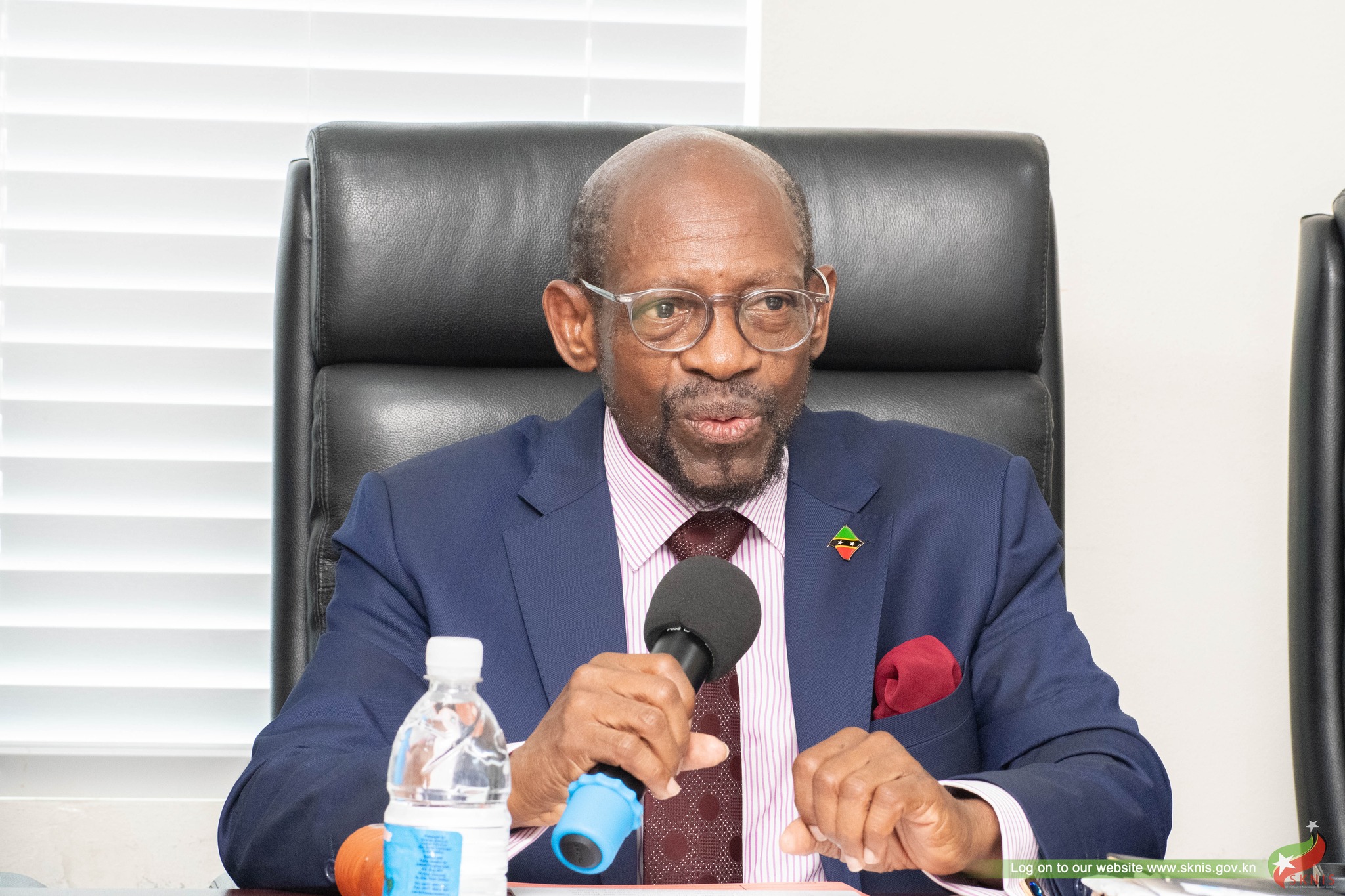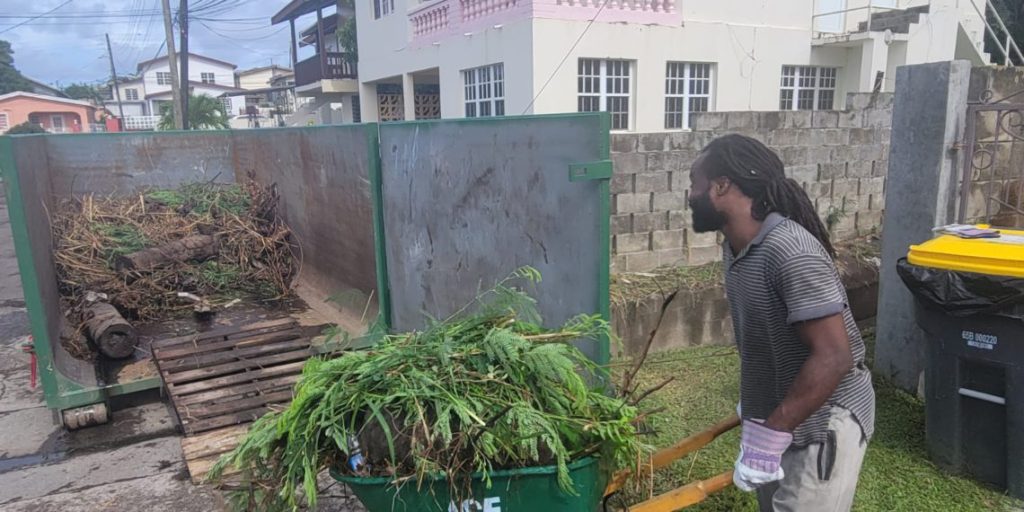Saint Kitts and Nevis Supports Intra-CARICOM Trade Initiatives
The Caribbean Community (CARICOM) is experiencing a renewed push for regional trade integration, with a particular focus on leveraging Guyana’s agricultural potential to bolster food security and reduce reliance on extra-regional imports. This initiative gained significant traction during the 49th Conference of Heads of Government of CARICOM held in Jamaica in July 2025, where leaders discussed strategies to strengthen intra-regional trade and reduce the region’s substantial food import bill. Saint Kitts and Nevis, along with other member states, is actively exploring opportunities to source more goods from within CARICOM, specifically targeting Guyana as a key supplier. This shift reflects a growing recognition of the vulnerabilities associated with dependence on global supply chains, which are susceptible to price fluctuations, logistical disruptions, and geopolitical uncertainties.
The drive towards greater regional self-sufficiency in food production is underscored by the ambitious goal of cutting the CARICOM food import bill by 25 percent. This objective necessitates a significant increase in intra-regional trade, particularly in agricultural products. Guyana’s emergence as a potential breadbasket for the Caribbean is pivotal in this endeavor. Recognized as a nation capable of achieving food self-sufficiency, Guyana offers a reliable and geographically proximate source of agricultural produce for its CARICOM neighbors. Importantly, trade within CARICOM eliminates the burden of tariffs, making Guyanese products more cost-competitive compared to extra-regional imports. This cost advantage is a crucial factor for smaller island nations like Saint Kitts and Nevis, which often face higher import costs due to economies of scale and logistical challenges.
Saint Kitts and Nevis’ Foreign Affairs and International Trade Minister, the Right Honourable Dr. Denzil Douglas, has been a vocal proponent of strengthening trade ties with Guyana. Following the CARICOM Heads of Government meeting, Dr. Douglas emphasized the importance of maximizing Guyana’s agricultural capacity to benefit the entire region. He highlighted the tariff-free nature of intra-CARICOM trade as a major incentive for sourcing goods from Guyana, emphasizing the economic benefits for smaller island states. Furthermore, Dr. Douglas revealed that he has engaged with the Prime Minister of Barbados and the President of Guyana to explore collaborative strategies for bulk purchasing and distribution of Guyanese products throughout the Eastern Caribbean. This collaborative approach seeks to address logistical challenges and ensure equitable access to Guyanese goods across the smaller islands.
The proposed collaborative framework aims to streamline the procurement and distribution of Guyanese products across the Eastern Caribbean. By consolidating purchasing power and optimizing logistics, the region can mitigate the challenges associated with smaller-scale individual imports. This approach is expected to reduce transportation costs, minimize spoilage, and ensure a more consistent supply of essential goods. Furthermore, this collaborative model fosters greater regional cooperation and strengthens the economic ties between CARICOM member states. The initiative also aligns with the broader vision of regional integration and promotes a sense of shared responsibility in addressing food security challenges.
Negotiations surrounding these trade arrangements are anticipated to intensify in the coming months. The discussions will likely focus on establishing concrete mechanisms for bulk purchasing, defining distribution channels, and addressing any logistical or regulatory hurdles. Furthermore, the negotiations will likely explore opportunities for expanding trade beyond agricultural products, potentially encompassing other sectors where Guyana has a competitive advantage. The success of these negotiations will be crucial in realizing the CARICOM’s goal of reducing its food import bill and enhancing regional self-sufficiency. Ultimately, the strengthened trade ties within CARICOM are expected to contribute to greater economic stability and resilience within the region.
This regional trade initiative reflects a broader shift towards prioritizing intra-regional trade and strengthening economic cooperation within CARICOM. By leveraging Guyana’s agricultural potential and fostering collaborative procurement and distribution strategies, the region aims to mitigate its vulnerability to external shocks and enhance its long-term food security. The ongoing negotiations represent a significant step towards achieving greater economic integration and promoting sustainable development within the Caribbean Community. The success of this initiative could serve as a model for future regional trade collaborations and contribute to a more resilient and prosperous Caribbean.
Share this content:










Post Comment